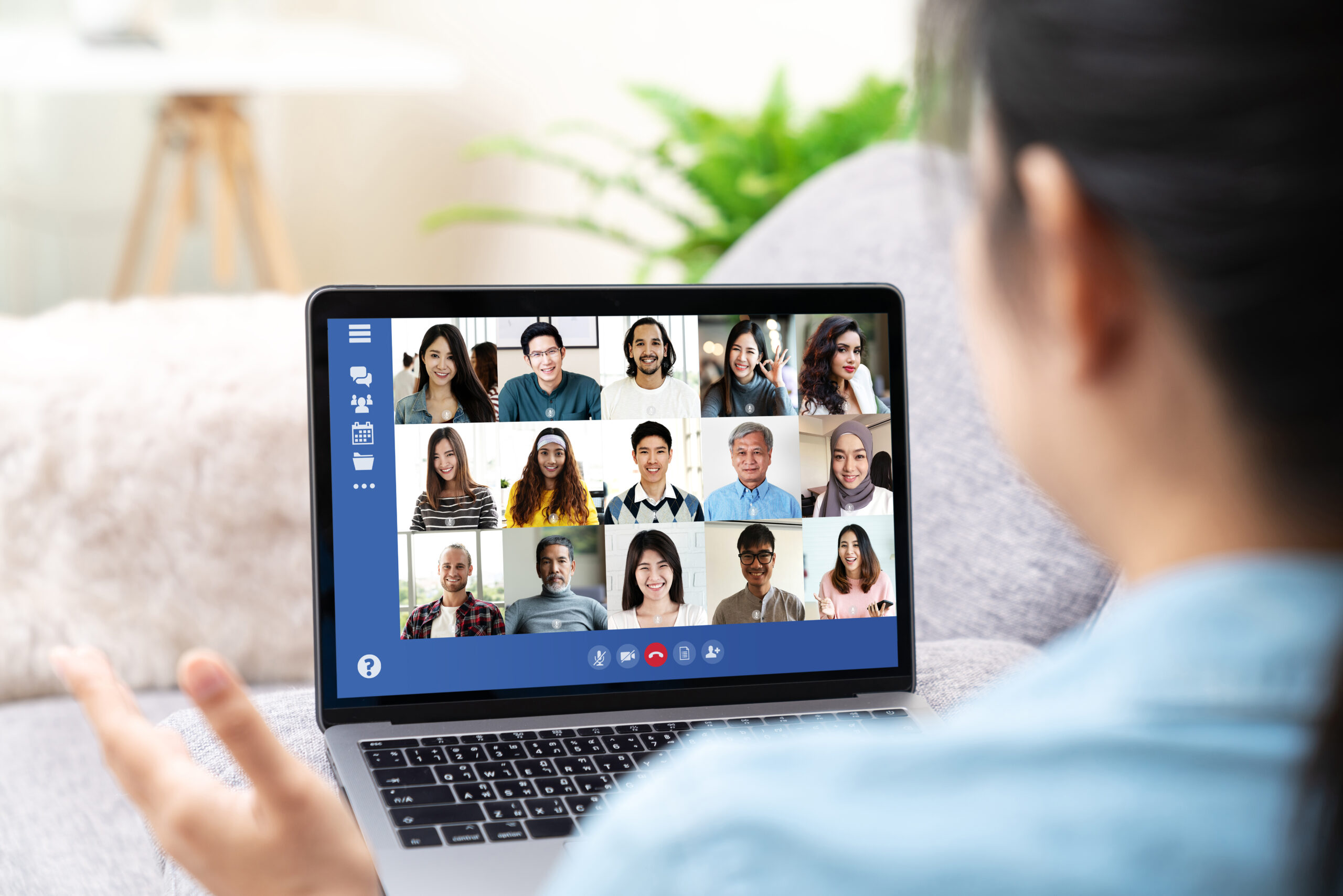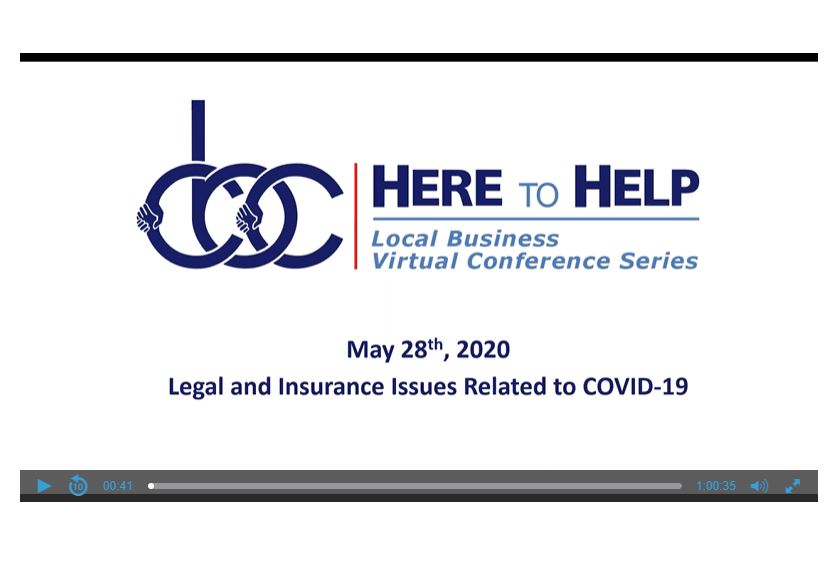
NC Legislation Provides COVID-19 Liability Protection for HOAs
We are monitoring the passage of HB 118 and would like to share the following information from Jordan Price Law Offices:
“Several of you know that our firm has been closely monitoring and lobbying legislation which would provide liability protection for HOAs against COVID-19 claims arising from the re-opening of swimming pools and other association common areas. We are pleased to report that on June 23rd the North Carolina General Assembly passed House Bill 118: “An Act to Provide Limited Immunity from Liability for Claims Based on Transmission of COVID-19”. The bill is currently on the Governor’s desk and we are hopeful the law will go into effect by the July 4th holiday – we will keep you posted.
Unlike some specific legislation that was directed specifically to HOA swimming pools, this law will apply to all businesses and nonprofits across North Carolina, including HOAs. After the effective date of the law, associations will not be liable as a result of ordinary negligence in any claim brought by someone who claims to have contracted COVID-19 while on HOA or condominium common areas.
While this law does give some reassurance for associations in light of the lack of available insurance coverage for claims related to pandemic, virus and disease, , associations should be aware that gross negligence, willful or wanton conduct or intentional wrongdoing is not protected under the new law. A reckless disregard for following local and state guidance on reopening swimming pools or other amenities may very well fall into that unprotected category, so it is important for associations to be diligent about compliance with all state and local Executive Orders and decrees. The law will require an association to “provide reasonable notice of actions taken to reduce the transmission of COVID-19 on the premises”, and once that notice is provided, the association will not be liable for the failure of individuals to follow the rules or guidance called for in the notice. This provision in the law makes the posting and publication of detailed rules and guidelines extremely important in the association’s liability protection. Please see our earlier advisements on the importance of posting notices and adopting new, specific and detailed pool rules for the 2020 season.
We have spoken to many boards in the last few weeks who made the fiduciarily responsible decision not to open swimming pools given the lack of insurance coverage. Should you wish to reconsider your decision to open the pool, and assuming North Carolina remains in a reopening phase which allows same, please be sure to confirm that your notices and new pool rules will allow you to take advantage of the protections in this new law. As always, we are available to answer any questions you may have.”
Community Association Practice Group
Jordan Price Law Offices


